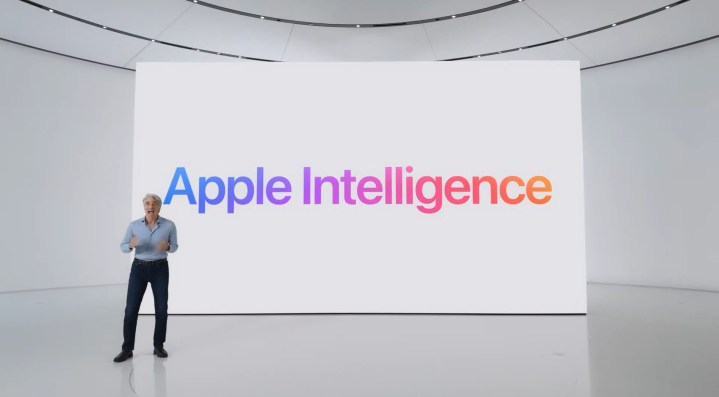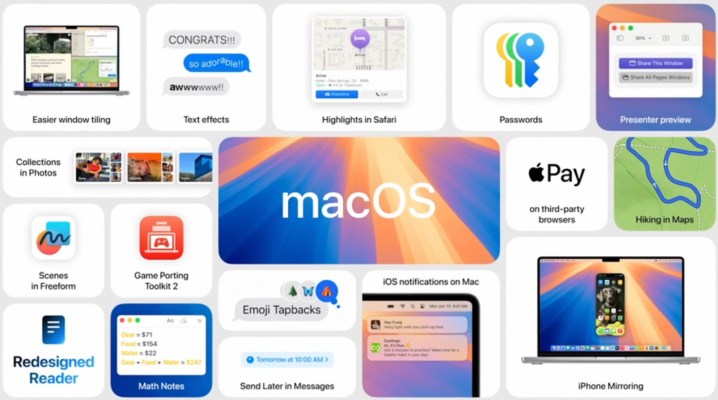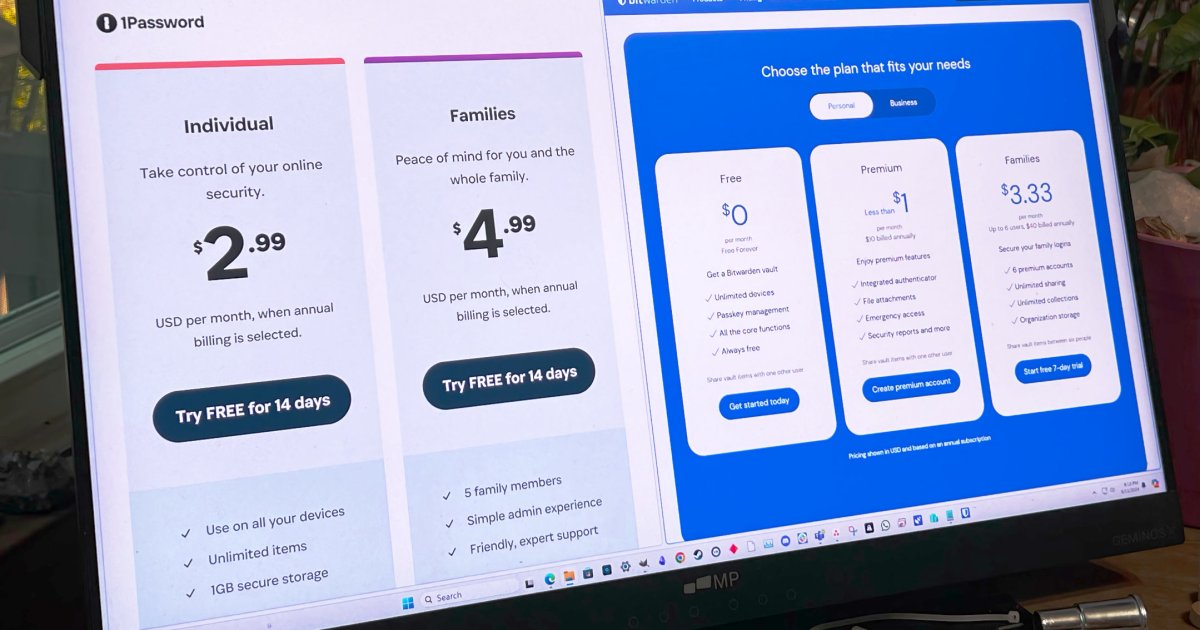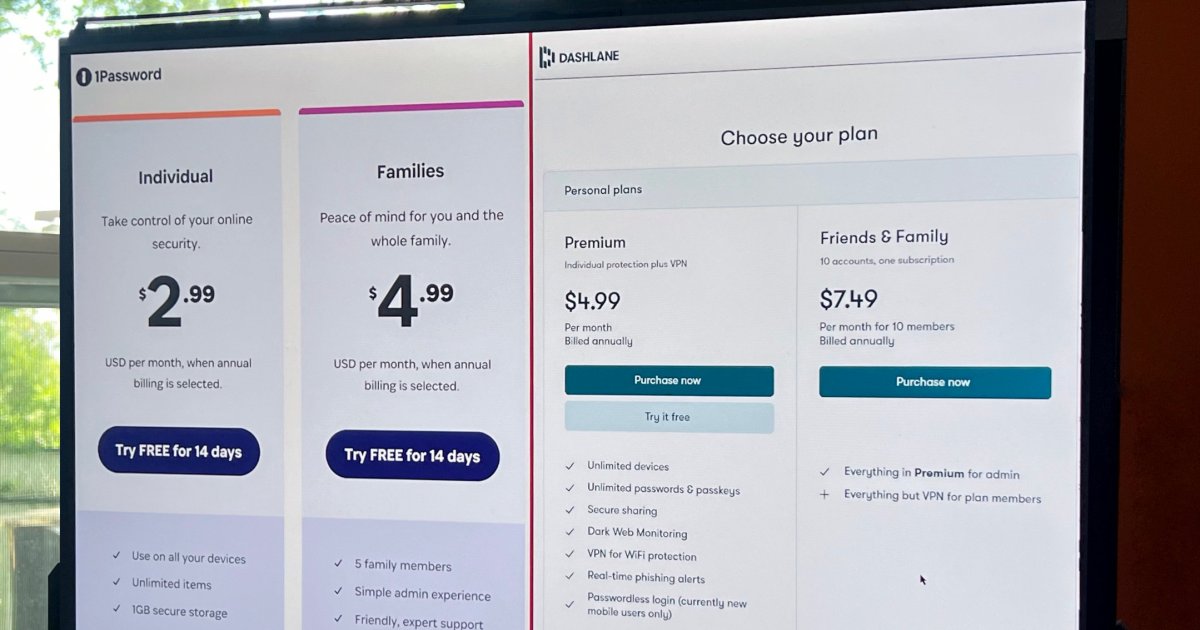Apple unveiled a major revamp of its macOS operating system at its Worldwide Developers Conference (WWDC), infusing the Mac with artificial intelligence (AI) capabilities across various apps, tools, and systems. This transformation has the potential to elevate the Mac to a leading position in the “AI PC” landscape.
The new system, called Apple Intelligence, integrates with various apps, including third-party ones, to enhance their functionality. Apple demonstrated tools that can summarize and rewrite text within apps, such as rephrasing email responses. Generative AI features, similar to those in Midjourney, were also showcased. Apple emphasizes its system’s contextual awareness, allowing users to request an image of a friend for their birthday, with Apple Intelligence automatically selecting a tagged photo and redesigning it in different styles.
 Craig in front of a screen reading Apple Intelligence
Craig in front of a screen reading Apple Intelligence
Apple prioritizes privacy with on-device processing for its AI features. This means user data remains on the device unless a task requires more processing power. In such cases, Apple Intelligence utilizes Apple’s cloud servers, where data remains inaccessible to Apple and only the necessary information for the task is transmitted. Apple is allowing external experts to verify the privacy protection on its servers, a distinction from other AI competitors.
While Apple’s announcements might not be as revolutionary as ChatGPT’s initial launch, the Mac’s strength lies in the deep integration of AI within apps and data, something ChatGPT, Google Gemini, and others lack. Combined with the power of the latest M4 chips, the Mac could become a top contender among consumer-facing AI PCs.
The Mac Enters the AI Arena
 macOS 15 features.
macOS 15 features.
While iOS 18 received significant attention, many of WWDC’s most impactful announcements centered around macOS 15, making it a landmark update in Mac history. This release dispels the notion that Apple is lagging in the AI race. Mac users can now leverage AI to streamline tasks and save time, addressing criticisms that Apple was overlooking AI’s potential to reshape computing.
AI has dominated recent tech discussions, with OpenAI and Google leading the charge. Apple remained relatively quiet, offering occasional glimpses of future AI integrations but without substantial announcements. Meanwhile, Microsoft integrated AI into Windows with its Copilot tool and even launched “Copilot+ PCs,” staking a claim to the “AI PC” concept.
With macOS 15, Apple challenges Microsoft’s assertion by delivering a robust AI upgrade to the Mac, finally ushering it into the AI era. This marks a new chapter for Apple, and the competition against established rivals for the AI crown will be captivating.











